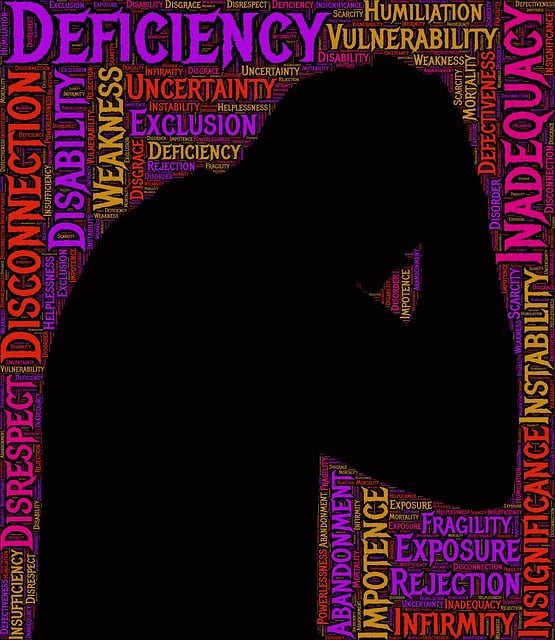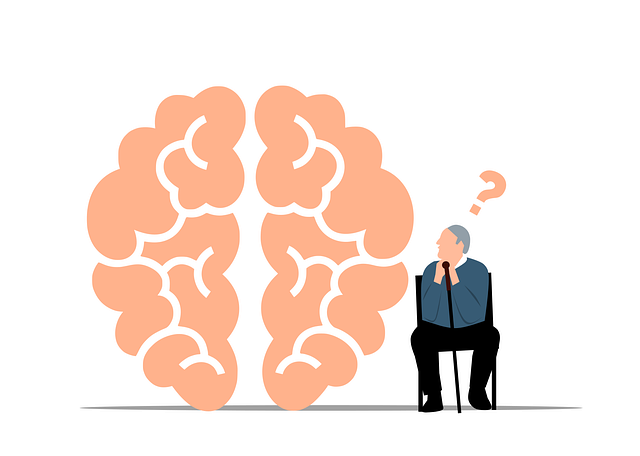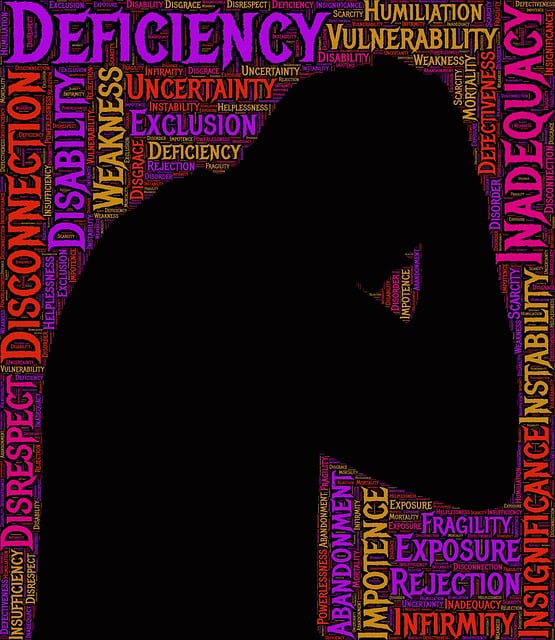Evaluating Louisville Hypnosis Therapy's effectiveness involves a multi-faceted approach combining qualitative (interviews, focus groups) and quantitative (surveys, statistical analysis) research methods. This holistic strategy assesses changes in psychological states, behaviors, and life satisfaction, focusing on areas like stress reduction, anxiety management, sleep quality, conflict resolution, and empathy building. Participant feedback and satisfaction surveys are crucial for understanding program impacts, identifying strengths, and areas for improvement, ultimately enhancing therapeutic outcomes and mental health advocacy within the community.
Mental wellness program evaluations are vital to ensure the effectiveness and sustainability of therapeutic interventions like Louisville Hypnosis Therapy. This article delves into three key methodologies for evaluating such programs, offering a comprehensive guide for practitioners and researchers. We explore qualitative and quantitative approaches, including participant feedback and case studies, to assess the impact of hypnosis therapy. Additionally, we present systematic strategies for identifying effective components, tracking long-term sustainability, and preventing relapse, providing valuable insights into the world of Louisville Hypnosis Therapy.
- Assessing the Impact of Louisville Hypnosis Therapy Programs
- – Discussion on qualitative and quantitative methods for evaluating therapeutic outcomes.
- – Importance of participant feedback and satisfaction surveys.
Assessing the Impact of Louisville Hypnosis Therapy Programs

Evaluating the effectiveness of Louisville Hypnosis Therapy programs is paramount to understanding their impact on mental wellness. This involves assessing changes in participants’ psychological states, behaviors, and overall life satisfaction. By employing structured questionnaires and interviews, practitioners can gauge improvements in areas such as stress reduction, anxiety management, and sleep quality—common issues addressed through hypnosis.
Furthermore, examining the integration of conflict resolution techniques learned during sessions can provide insights into their real-world application. Mentoring individuals to develop empathy building strategies, another key aspect of these programs, allows for a comprehensive evaluation of mental wellness coaching program development. This holistic approach ensures that Louisville Hypnosis Therapy not only offers immediate relief but also empowers participants with lasting coping mechanisms and improved interpersonal interactions.
– Discussion on qualitative and quantitative methods for evaluating therapeutic outcomes.

Evaluating the effectiveness of therapeutic programs, such as Louisville Hypnosis Therapy, requires a balanced approach using both qualitative and quantitative methods. Qualitative methods, including interviews and focus groups, provide deep insights into participants’ experiences, perceptions, and emotional responses to the therapy. This approach allows for understanding the subjective impact on their mental wellness journey, offering valuable narrative details that can’t be quantified.
On the other hand, quantitative assessments are essential for measuring changes in symptoms, behaviors, and overall well-being. Surveys, ratings scales, and statistical analyses help track progress over time, especially in areas like Depression Prevention or Burnout Prevention, where measurable improvements are crucial. Combining these methods ensures a comprehensive understanding of therapeutic outcomes, aligning with Mind Over Matter principles by capturing both the numerical data and personal stories that contribute to meaningful mental wellness enhancements.
– Importance of participant feedback and satisfaction surveys.

Participant feedback and satisfaction surveys are invaluable tools for evaluating mental wellness programs like those offered by Louisville Hypnosis Therapy. These assessments provide a direct line to the experiences and perceptions of program participants, allowing for a nuanced understanding of their effectiveness. By gathering insights from individuals who have actively engaged in these initiatives, organizers can uncover areas that thrive and identify aspects needing improvement.
For instance, feedback can reveal the impact of stress management workshops organized by Louisville Hypnosis Therapy on participants’ overall well-being and daily functioning. This information is crucial for refining program content, delivery methods, and outcomes measured, ensuring they align with the evolving needs of the community. Moreover, integrating Mental Health Policy Analysis and Advocacy into survey questions enables a broader understanding of how these programs influence mental health awareness and advocacy efforts within the community, ultimately contributing to more effective Mental Health Awareness initiatives.
Evaluating the effectiveness of mental wellness programs, such as Louisville Hypnosis Therapy, is paramount to ensuring their success and positive impact on participants’ lives. By combining qualitative and quantitative methods, including participant feedback and satisfaction surveys, practitioners can gain a comprehensive understanding of therapeutic outcomes. These evaluations not only enhance the program’s quality but also provide valuable insights for improvement, ultimately benefiting those seeking mental wellness support in Louisville.














